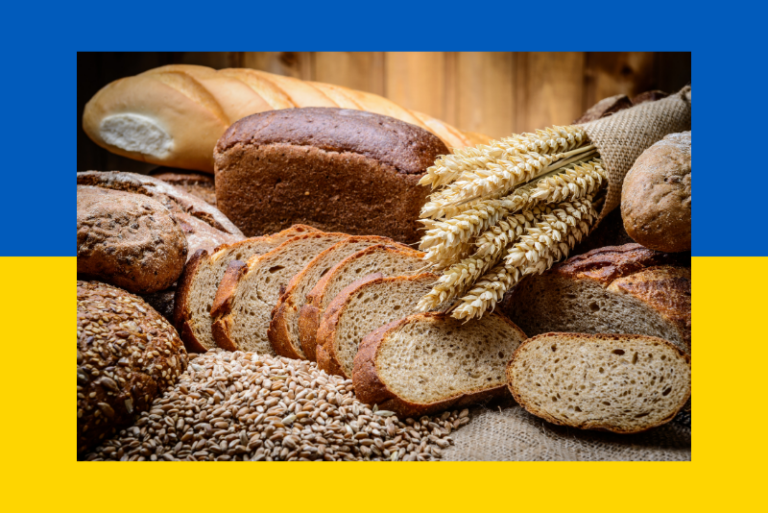UKRAINE — As the Russian and Ukrainian conflict continues, its impact is being felt by shoppers oceans away.
Both countries are main producers for several key commodities around the globe, including wheat, barley, corn and more. As Russia refuses to cease its assault, sanctions and closures of port cities are creating shockwaves of uncertainty and unease for many businesses. This unstable climate coupled with inflation and supply chain challenges are creating the perfect storm for rising food prices.









